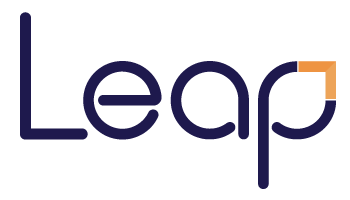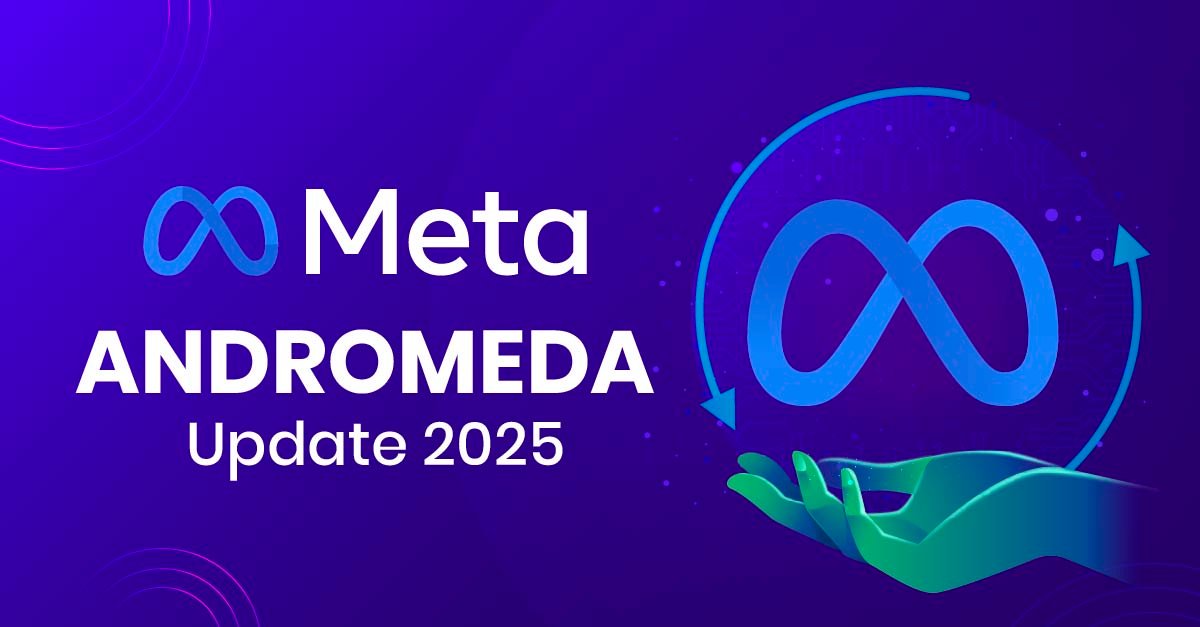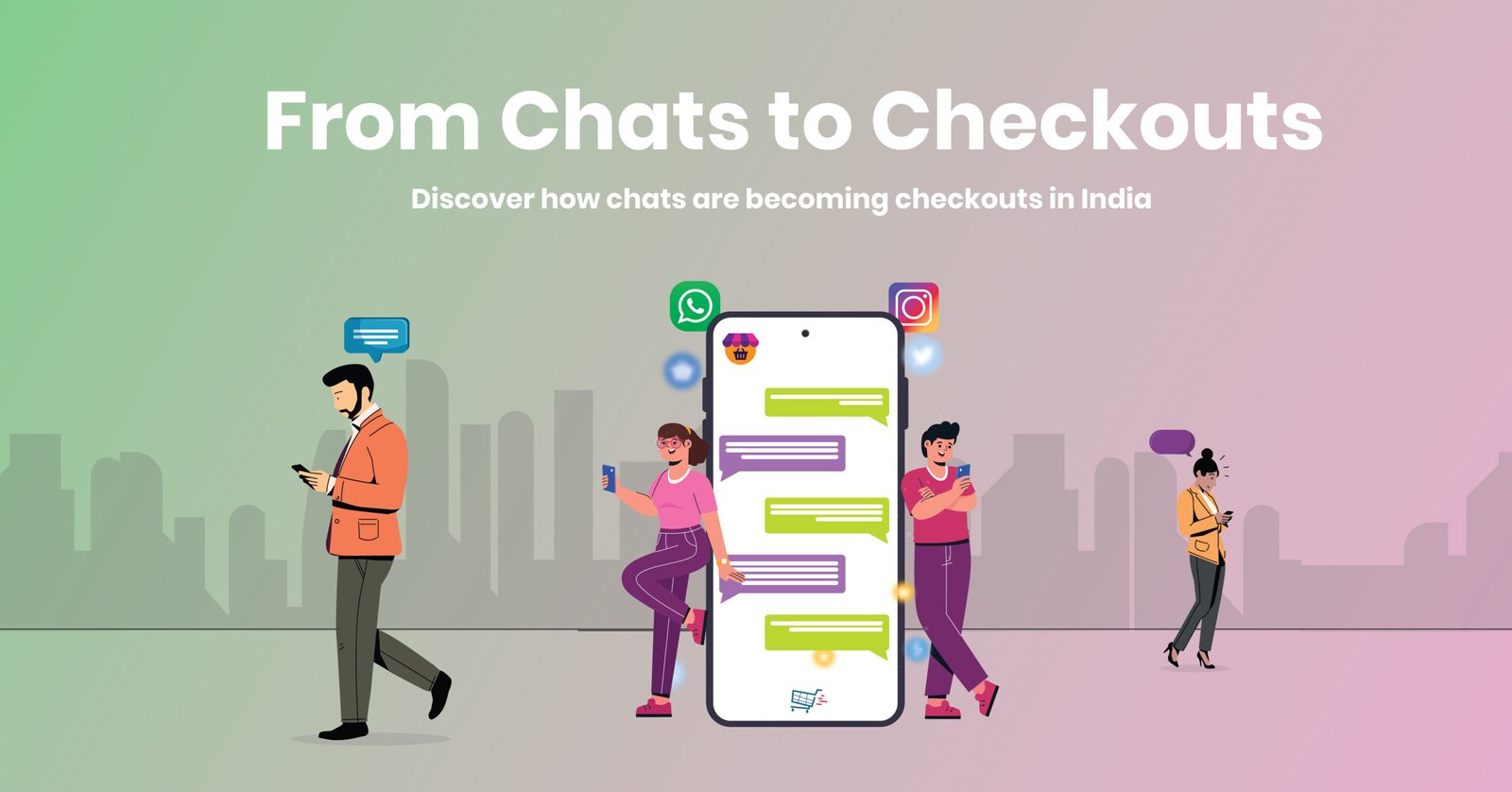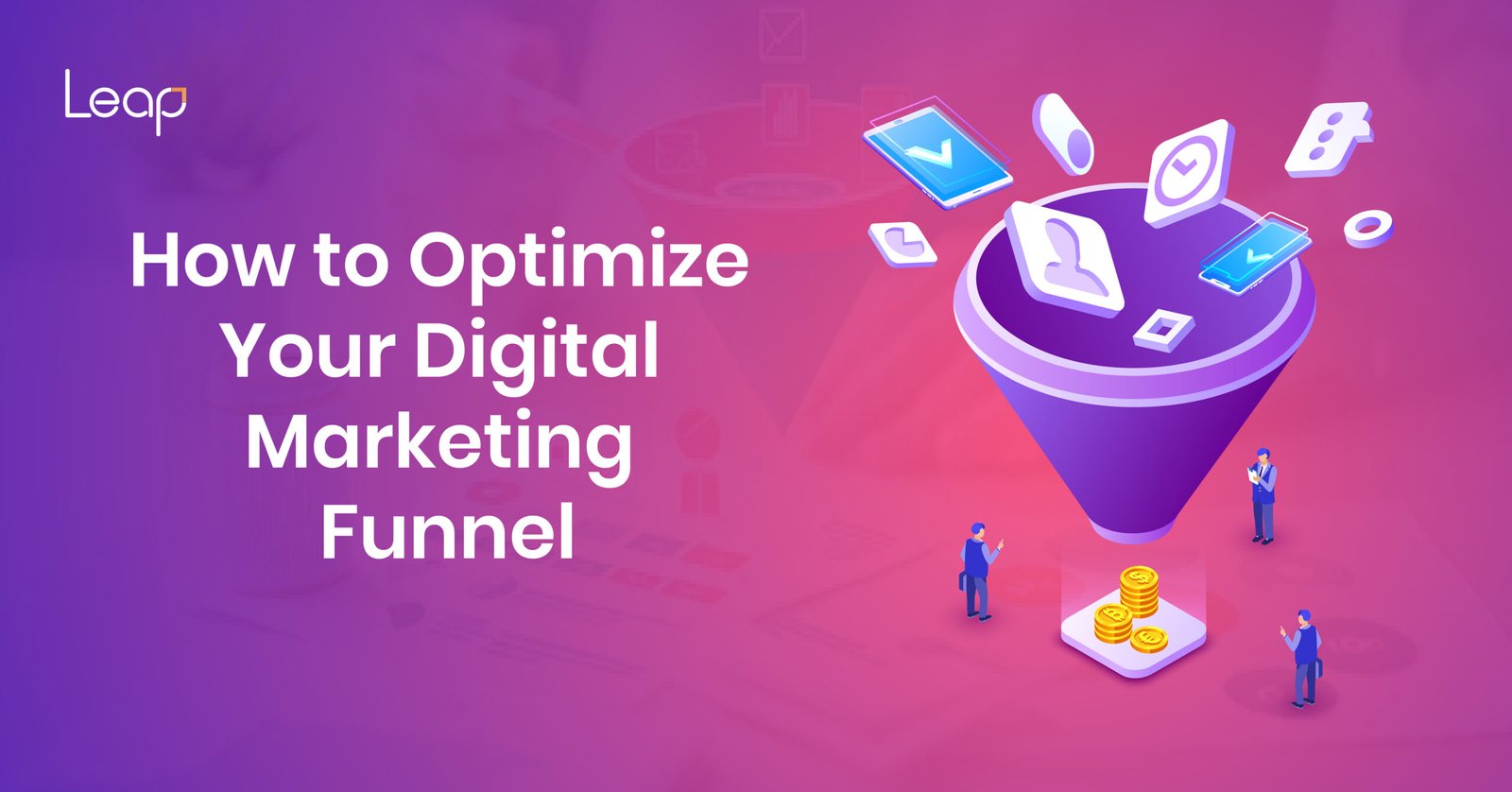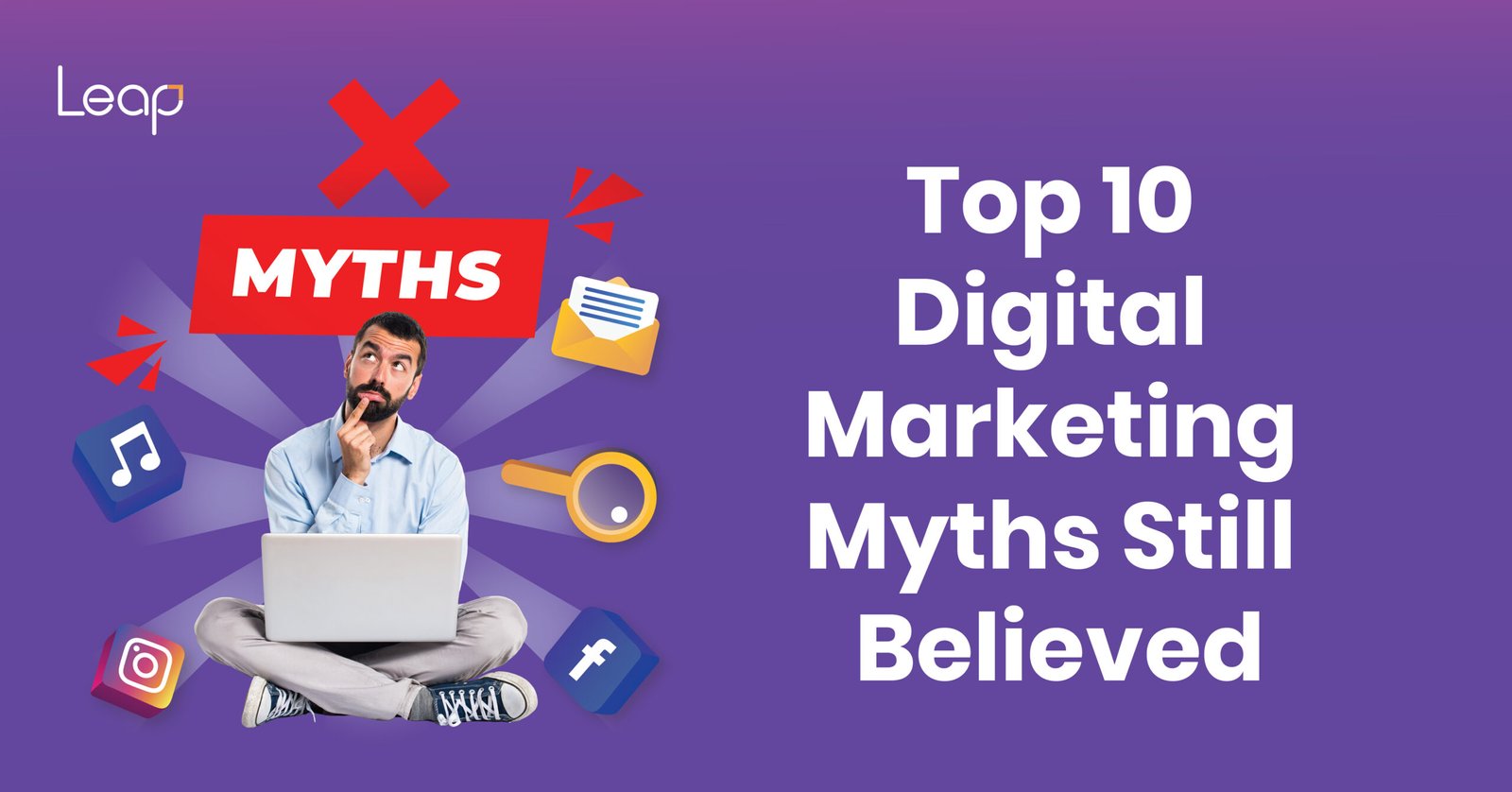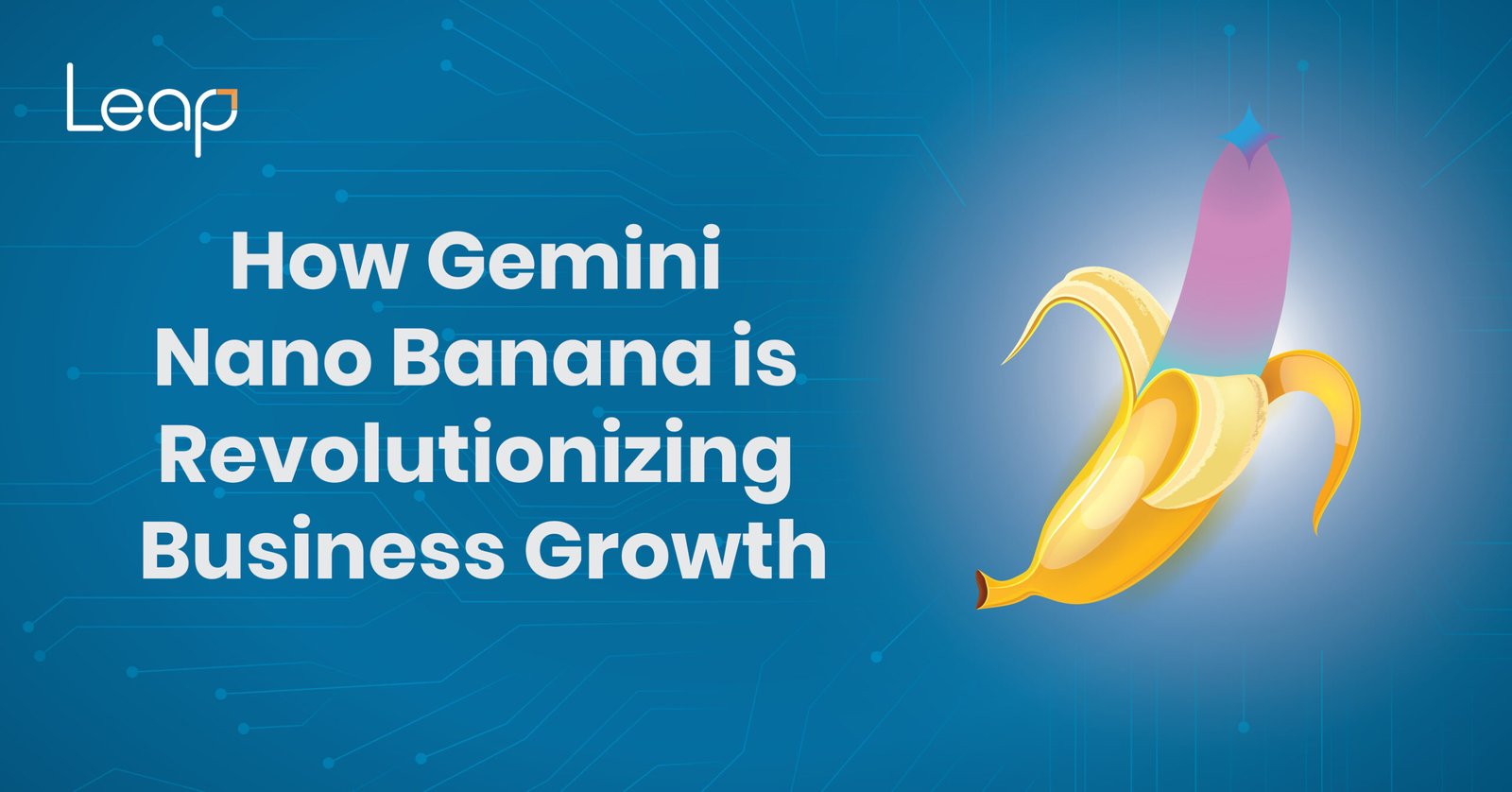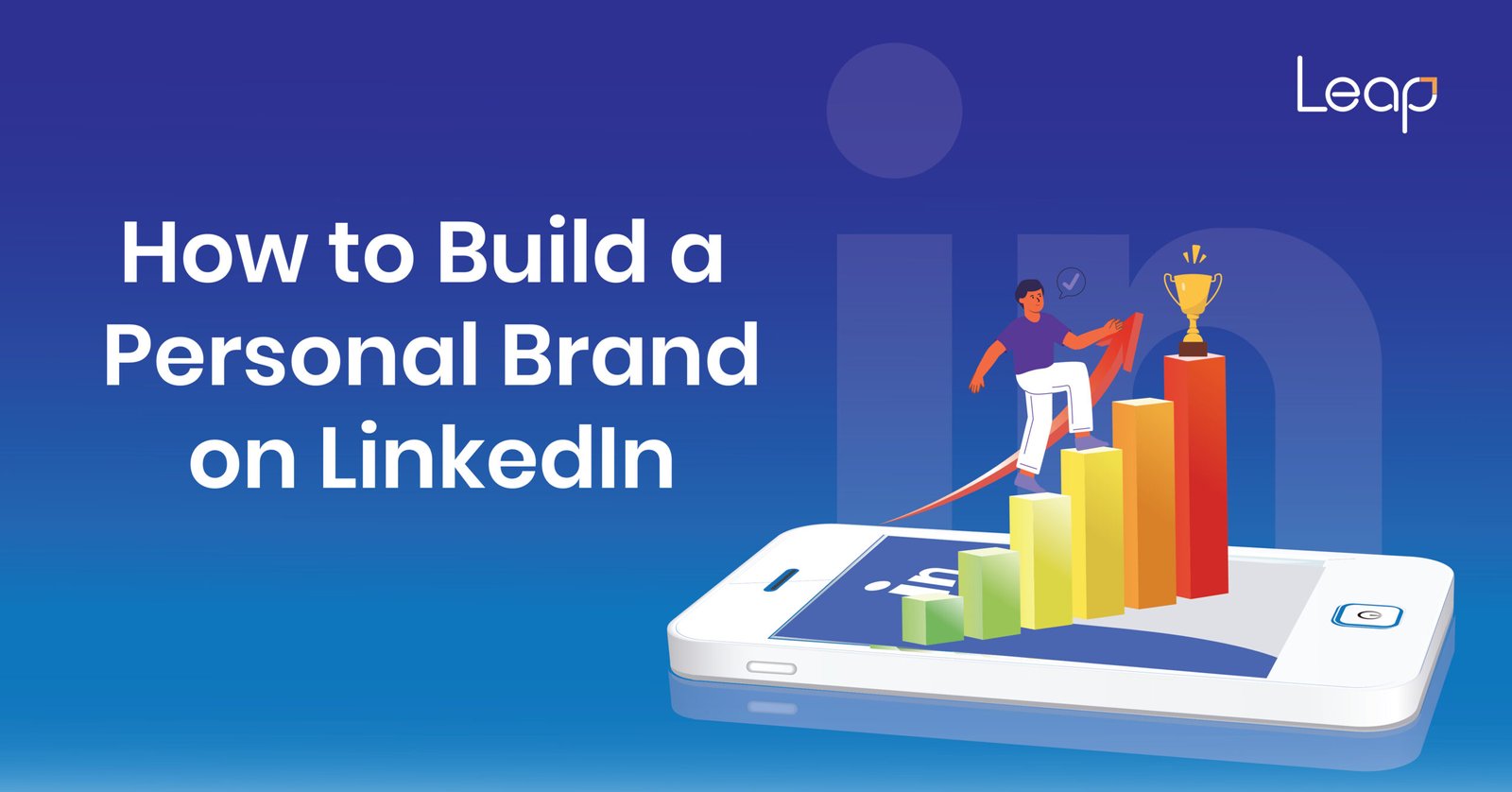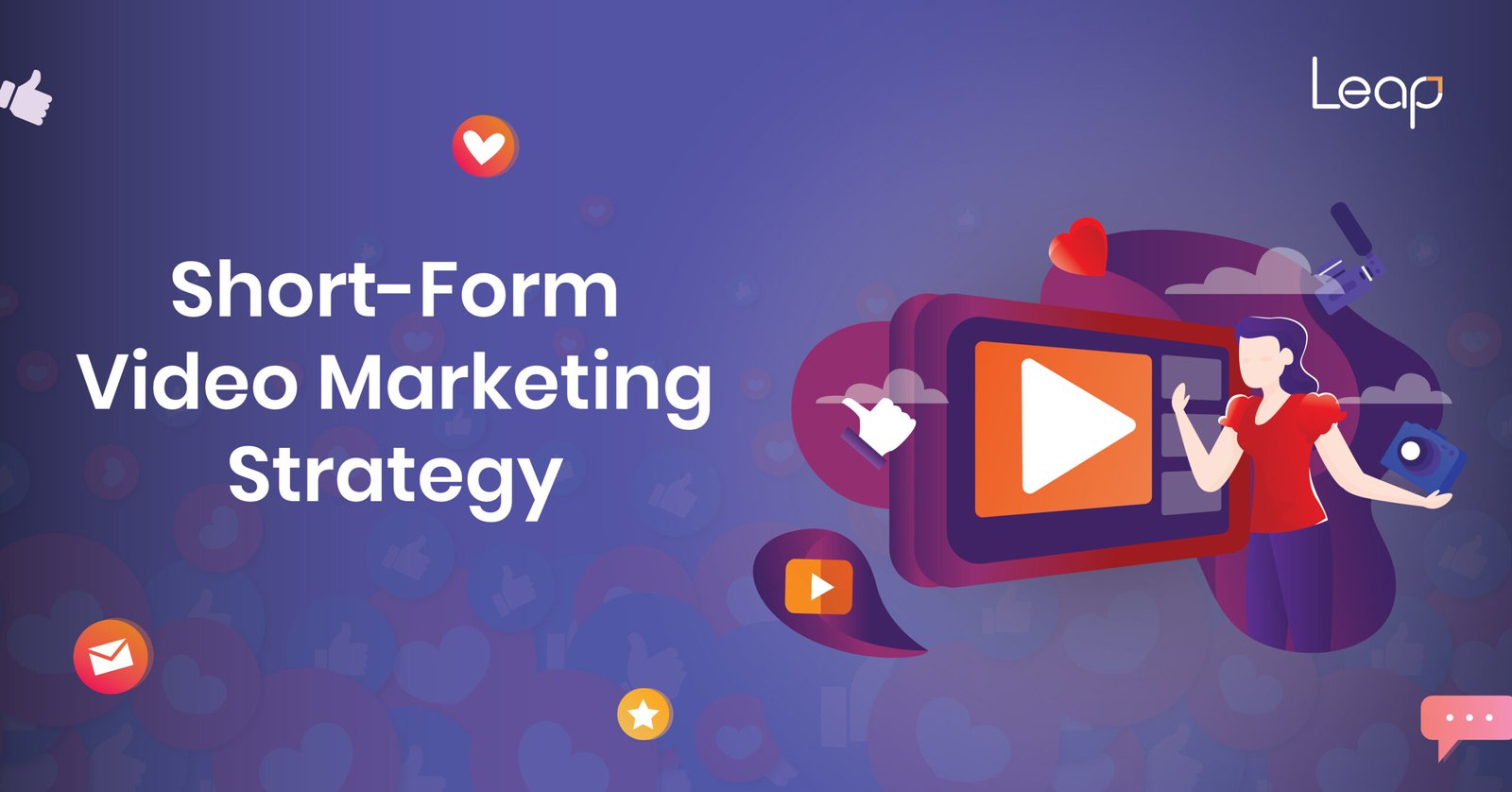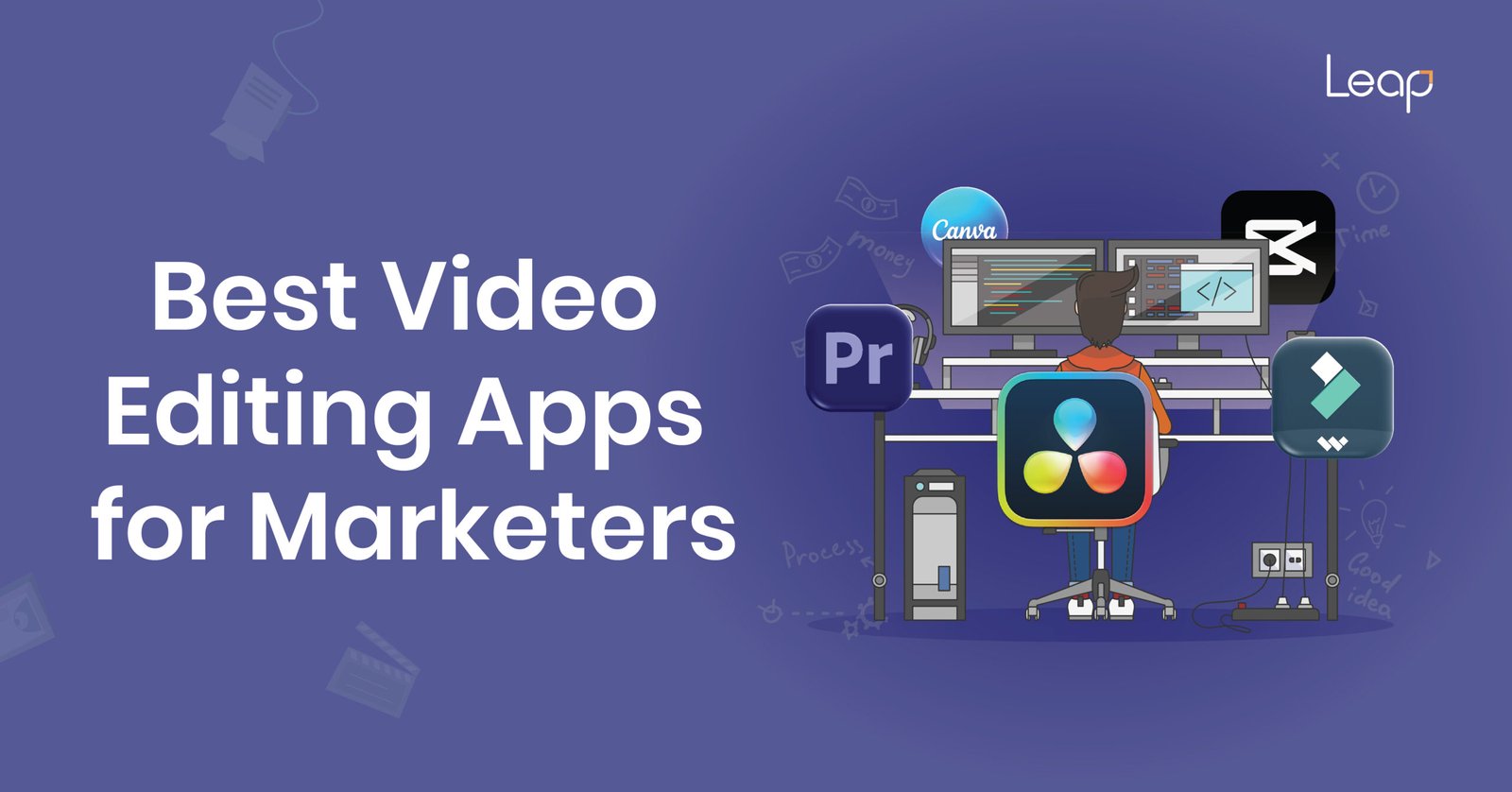
There exists a prolonged discussion regarding which digital marketing approach – SEO or PPC – provides a superior return on investment (ROI). Both strategies are effective in enhancing brand visibility, generating leads, and boosting revenue, yet they possess distinct differences.
Search engine optimization (SEO) enables you to achieve higher rankings in search results and draw organic traffic to your website. Conversely, pay-per-click (PPC) advertising permits you to position your website above organic listings and reach customers at the optimal time and location.
This raises the question: which strategy should you emphasize – SEO, PPC, or both? In this article, I will outline the advantages and disadvantages of SEO and PPC. By the conclusion of this discussion, you will be better equipped to determine which option is most suitable for your business.
However, first,
What is ROI?
Return on Investment (ROI) in marketing is a crucial performance metric that indicates the profit generated from your marketing expenditures. It represents the ratio of profit to the total marketing expenses:
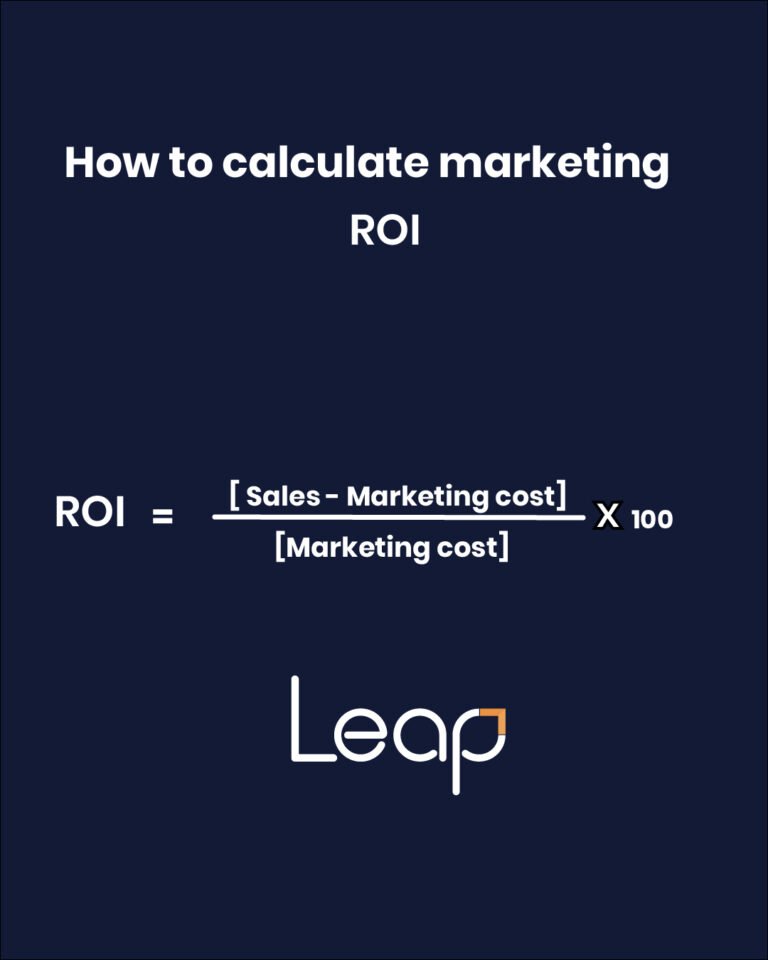
ROI is instrumental in evaluating the success of marketing campaigns, channels, and strategies. It also allows for the appropriate allocation of resources. The insights gained from this analysis can guide future campaigns.
For example, if you are a new business owner aiming to enhance brand visibility and attract high-paying customers, your primary focus may be on social media marketing, search engine advertising, and search engine optimization.
As you begin to invest in these channels, it is essential to monitor their performance to determine which ones reach and engage the largest audience. This data will assist you in making informed decisions for future campaigns to enhance outcomes.
It is important to note that marketing ROI is subjective and significantly influenced by your business goals.
SEO vs. PPC
SEO refers to search engine optimization. It is a crucial aspect of search engine marketing (SEM) that aims to enhance your website’s visibility in search results, achieve high rankings for pertinent search queries, draw organic traffic, establish credibility, and ultimately increase sales.
SEO is a cost-effective marketing avenue when compared to other types of search engine advertising. It includes keyword research (on-page), link-building (off-page), as well as technical and local SEO.
Typically, search engine bots scan your web pages to assess the relevance and quality of your content, aligning it with user search queries.
Various ‘ranking factors’ are employed for this assessment. For example, Google evaluates content quality based on its E.E.A.T. guidelines (Experience, Expertise, Authoritativeness, and Trustworthiness).
If your content meets these criteria, your page stands a greater chance of being featured at the top of search results. This leads to enhanced visibility, credibility, and click-through rates. The most advantageous aspect is that you can attract more conversion-focused traffic to your website at a reduced cost, as the advantages of SEO often surpass the expenses involved.
PPC, or pay-per-click, is a form of performance marketing that centers on advertising within search results. These ads can take various forms, including text, images, videos, or a combination thereof. In contrast to SEO, you incur a charge each time a user clicks on your ads.
PPC advertisements are displayed on search engines such as Google, YouTube, Quora, Pinterest, as well as on social media platforms, websites, apps, and more. They are typically positioned above the organic search results:
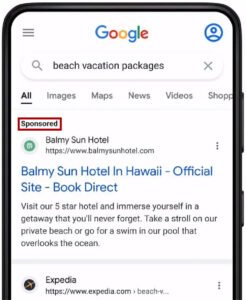
It is regarded as one of the channels with a higher return on investment for marketers and advertisers.
For example, if you invest ₹300 for each click and it results in a purchase of ₹40,000, you have achieved a significant return on investment relative to your expenditure.
The benefits of SEO
Outlined below are the benefits of implementing SEO for your business:
Increased traffic:
Here are several intriguing statistics:
68% of all online experiences begin with a search engine.
Around 55% of total website traffic comes from organic search.
SEO drives 10x more traffic than organic social media platforms.
The page ranking in the #1 spot on Google gets nearly 50% of all clicks.
When your website is properly optimized and aligns with Google’s ranking factors, your chances of reaching the top of search results significantly improve. This leads to increased visibility, more clicks, and consistent traffic to your site.
But here’s what makes SEO truly powerful:
You can reach and nurture customers at every stage of their buying journey. From awareness to decision-making, SEO enables you to create valuable resources—such as how-to guides, e-books, and informative blog posts—that build trust and convert visitors into loyal customers.
It’s not about hard selling. It’s about delivering relevant, helpful, and engaging content that naturally attracts and retains your audience.
Organic Search Results:
Search engine bots navigate through web pages and assess their ranking in search results according to their relevance to user search queries.
Websites that offer more valuable, informative, and customer-focused content are likely to achieve higher rankings in search results compared to those that do not.
Occasionally, elements such as domain authority and relevance influence rankings. Brands that have established significant credibility over time tend to rank higher in organic search results than newer websites.
That being said, the more you enhance your site for search engines, the greater your likelihood of achieving a high ranking in organic search results.
For example, if you operate a local pet store in Texas, you can optimize your website to draw in foot traffic.
This involves utilizing local search keywords within your content, employing hyperlocal targeting to attract local traffic with purchasing intent, listing your products or services in pertinent local directories, and publishing high-quality, informative content, among other strategies.
Long-Term Results:
Content marketing, link-building, social media management, and all other SEO-related activities constitute a continuous and ongoing effort to establish a strong online brand, aimed at increasing the number of individuals entering your sales pipeline. These endeavors are not intended for immediate rewards; rather, they are designed for sustained profitability.
After optimizing your website for SEO, you may not immediately see the results. However, with consistent application and perseverance in implementing effective strategies, you are likely to observe gradual improvements over time.
Cost-Effective Solutions:
SEO is not inexpensive. There is no such thing as ‘free’ traffic.
Engaging an SEO agency or consultant, sourcing and employing skilled writers, promoting on social media, and acquiring the appropriate tools for your marketing stack, among other expenses, can be significant. Moreover, as your brand grows, the required investment increases.
Refer to: SEO Pricing – What Does SEO Cost
Nonetheless, these costs are justifiable when one considers the potential returns on investment. Credibility and relevance, which are the outcomes of consistent optimization, cannot be bought and must be developed over time.
Therefore, although it may appear expensive initially, the returns manifest as enhanced visibility, increased traffic, improved brand credibility, and ultimately, higher conversion rates.
The Cumulative Impact of SEO on Digital Presence
The integration of SEO activities can generate a cascading effect that enhances your online visibility. This involves the integration of various optimization techniques, including keyword research, link building, public relations and outreach, content creation, and others, to formulate a cohesive strategy that enhances your rankings in search results
The Benefits of PPC
The benefits of utilizing PPC advertisements for your business include:
Faster Results:
In contrast to SEO, PPC delivers immediate outcomes.
You can purchase PPC advertisements to direct traffic to your website and convert that traffic into paying customers. Additionally, you are not affected by significant algorithm changes. This aspect is crucial for emerging brands aiming to gain a competitive advantage in their respective markets.
For example, if you have recently launched your brand and are eager to attract customers quickly, SEO may prove to be too slow in yielding the desired results. With PPC, you can skip ranking factors and land above top-ranking sites—provided your landing page is well-optimized. See examples of great and poor landing pages to understand what works.”
Furthermore, PPC demonstrates superior performance in terms of conversions due to its precise targeting techniques.
Research indicates:
Approximately 65% of all high-intent searches result in an ad click.
PPC traffic converts 50% more effectively than organic traffic.
46% of all clicks are directed to the top three PPC advertisements.
Targeted Audience Reach:
PPC ads allow you to reach the right audience based on age, location, interests, and search behavior.Studies show that 80% of consumers are more likely to buy from brands that offer personalized experiences.Google Ads delivers ₹2 in revenue for every ₹1 spent, thanks to precise targeting.You can tailor campaigns to users based on time, device, or intent, maximizing relevance.This sharp targeting boosts click-through rates by up to 200% compared to generic ads.
Easier to assess ROI:
PPC advertisements offer a wealth of data and performance insights that can guide your comprehensive marketing approach. Advertising platforms such as Google and Facebook deliver in-depth analytics, tracking, and reporting tools, allowing you to monitor your campaign’s performance in real time.
You will observe how users engage with your advertisements, identify readily available opportunities to capitalize on, and track business metrics for each PPC ad. Additionally, you can effortlessly adjust your ad campaigns based on these insights to achieve improved outcomes.
Enhanced Budget Management:
Through PPC, you gain complete authority over your marketing expenditures. This allows you to concentrate on strategies that generate a favorable ROI for your enterprise.
Most advertising platforms permit you to distribute budgets either by campaign or daily.
As you begin to achieve conversions, such as increased sales, you can adjust your advertising budget accordingly. Furthermore, if you are exploring alternative methods or require a hiatus, you have the option to pause your campaigns at any time.
This level of flexibility is particularly advantageous for small and medium-sized business owners who are seeking to experiment in order to identify a more lucrative client acquisition channel.
Disadvantages and Risks of SEO and PPC
While both SEO and PPC can yield substantial returns on investment, each has its own set of challenges and limitations. Recognizing these disadvantages is essential for making well-informed marketing decisions.
Disadvantages of SEO
Takes Time to Show Results
SEO is a long-term approach. In contrast to paid advertisements, it may take several months to observe significant traffic or conversions. For businesses that require immediate outcomes, this delay can be a disadvantage.
Algorithm Dependence
Search engines regularly update their algorithms. A single update can affect your rankings, even if your content was previously performing effectively. It is vital to stay informed and adjust strategies consistently.
High Competition
Popular keywords face intense competition. Achieving a position on the first page often necessitates considerable effort, quality backlinks, and ongoing optimization, particularly in saturated markets
Requires Continuous Effort
SEO is not a “set and forget” approach. Even after achieving rankings, they must be sustained through regular content updates, technical audits, and link building.
Disadvantages of PPC
High Costs Over Time
Although PPC can offer immediate visibility, it can become costly over time. Competitive keywords may cost hundreds of rupees per click, especially in sectors such as finance, health, or legal.
No Long-Term Value
Once the advertising budget ceases, so does the traffic. Unlike SEO, PPC does not create enduring visibility or organic presence for your brand.
Click Fraud and Ad Fatigue
Your advertisements may be targeted by competitors or bots, resulting in fraudulent clicks and wasted expenditure. Additionally, users may ignore or develop resistance to seeing the same advertisements repeatedly (ad fatigue).
Platform Dependency
Businesses that heavily depend on Google Ads or Meta Ads are vulnerable to the fluctuations of those platforms. Modifications in ad policies or bidding models can directly influence campaign performance and return on investment.
Grow Your Brand with SEO Everywhere
In today’s dynamic digital landscape, SEO Everywhere is no longer just a concept – it’s an essential strategy for brand growth. Our team specializes in implementing comprehensive SEO solutions that ensure your brand achieves maximum visibility and reaches its full potential.
We’re here to help your brand ascend to new heights. To learn more about how we can elevate your online presence, contact us today at www.leapmarcom.com.

